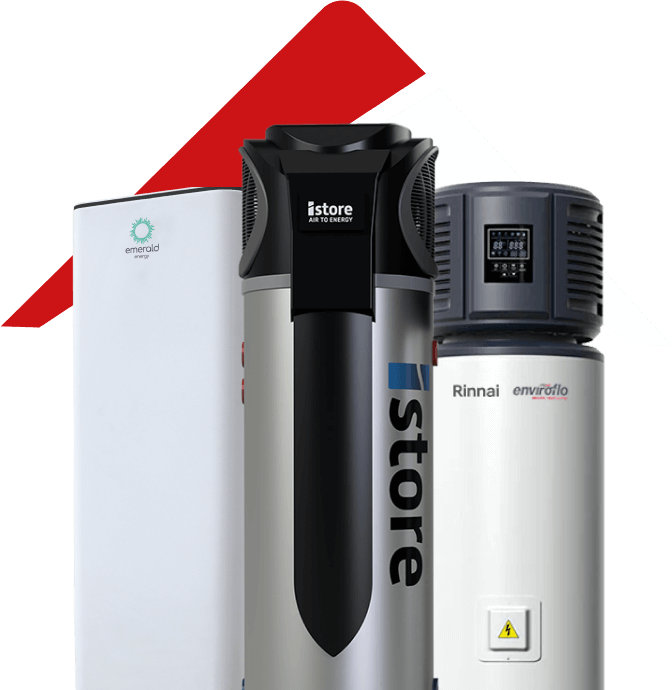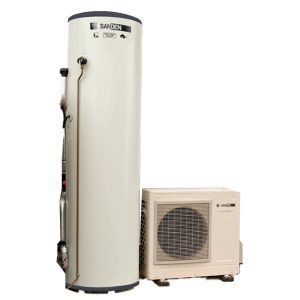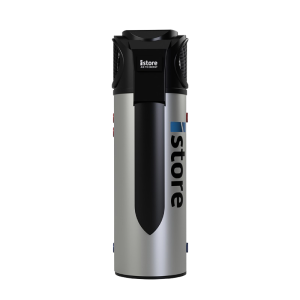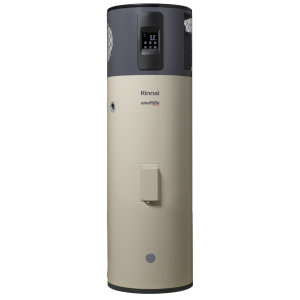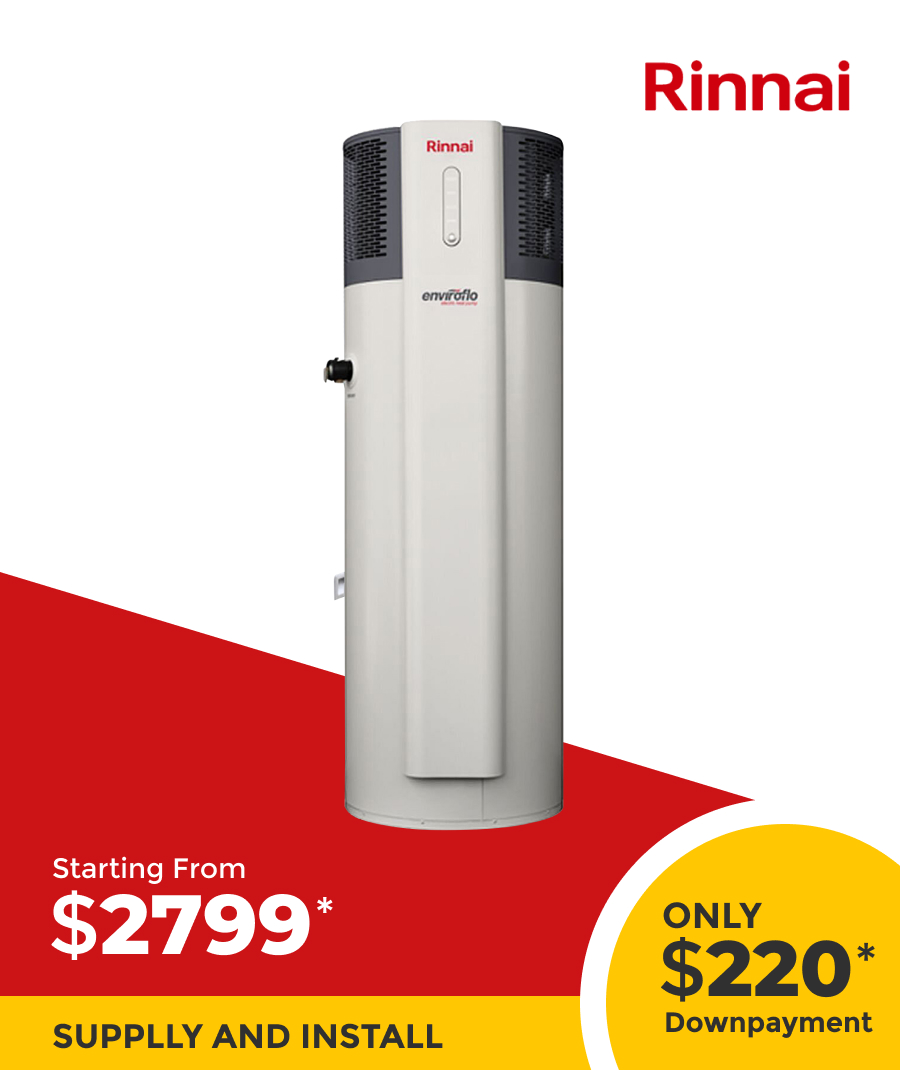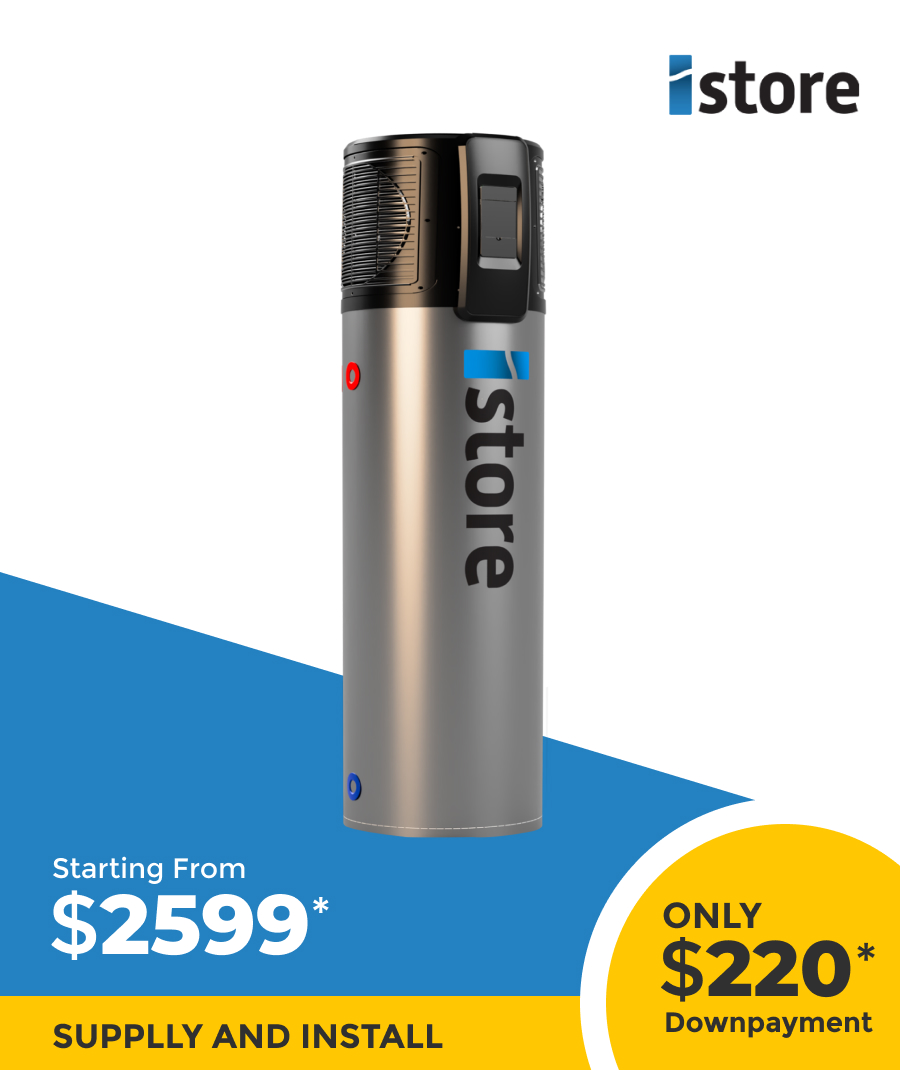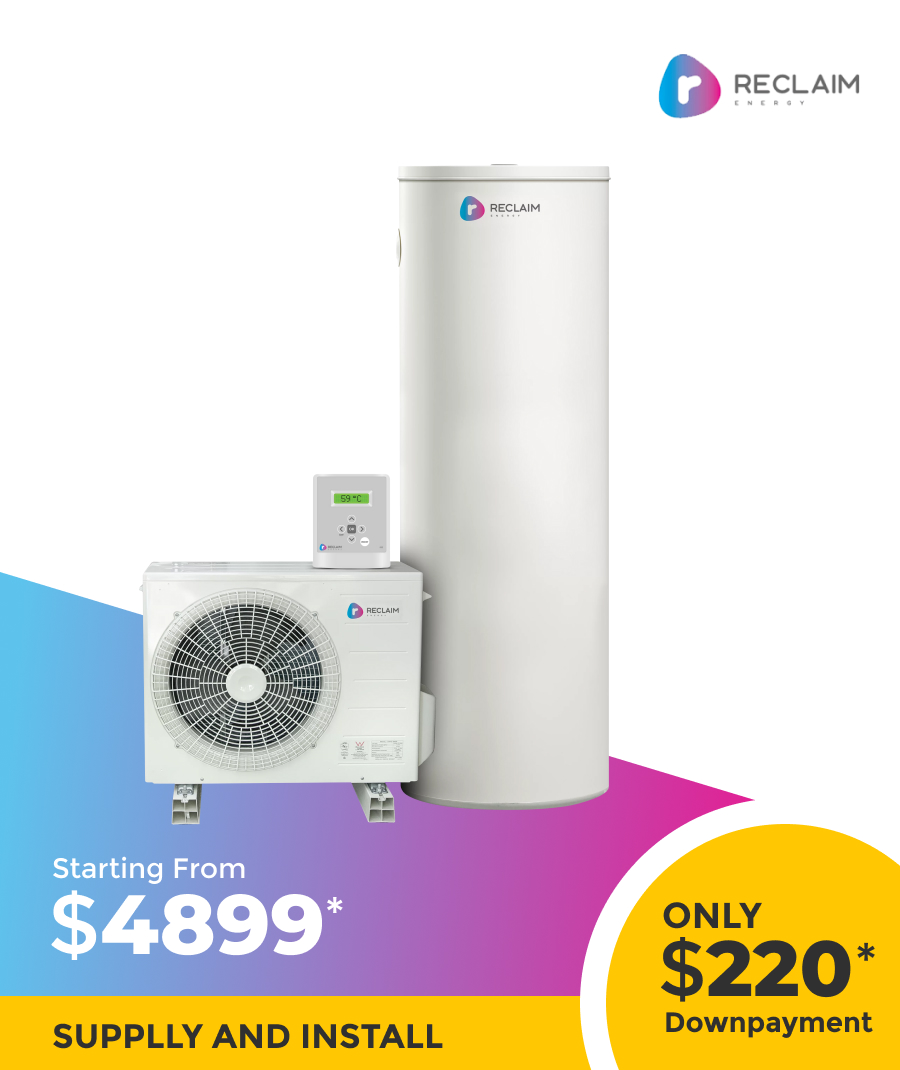MEET THE PIONEER OF WATER HEATERS
As Australia’s water heating industry pioneer we stand proudly beside the latest state-of-the-art water heater, a symbol of advanced technology, reliability and energy efficiency. We help you with several choices from the most efficient tankless units to the simplest storage tanks. Our approach is tailored to meet your unique needs, ensuring that each installation is performed with precision, prioritizing both functionality and energy efficiency. Upgrade your home’s water heating system today!
Competitive Rates
Hot Water Hub prides itself on offering competitive rates for all its hot water services in Australia. Understanding the importance of budget-friendly solutions for households and businesses alike, our pricing strategy is designed to provide excellent value without compromising on quality or efficiency.
Product Warranty
At Hot Water Hub, we collaborate exclusively with the finest manufacturers in the hot water tank industry. Each hot water tank we offer is accompanied by a warranty, ensuring that you not only enjoy a continuous supply of hot water but also maintain your peace of mind.
Guaranteed Satisfaction
We stand firmly behind every hot water tank installation we perform, offering a comprehensive guarantee. In the rare instance that an oversight occurs, rest assured that we will promptly address and rectify the issue at no additional cost to you.
Australian Owned Business
Embodying the true essence of the Australian spirit, Hot Water Hub is a proud local business operating straight from the heart of Australia, Sydney. Our deep understanding of the city and its residents shapes our service. We’re grateful for the continuous support from our community.
Best Sellers
Lorem ipsum dolor sit amet, consectetur adipiscing elit.
Competitive Pricing on Major Brands for
Hot Water System
Request a Free Quote
CHOOSING THE RIGHT HOT WATER SYSTEM
(Evaluating Fuel Options, System Type, Size & Cost)
FUEL OPTIONS
Trying to find a new hot water system that meets your needs? Water heater comes with different fuel options. Each option comes with its own set of advantages and considerations. It’s advisable to carefully assess your specific needs and preferences before making a decision, keeping in mind both short-term affordability and long-term sustainability.
- Off-Peak Electricity
- Continuous Power Electricity
- Natural Gas
- LPG
- Propane
- Solar Power
SIZE & TYPE
Once you’ve decided on the fuel source, it’s crucial to consider the system type. Popular types include tankless, storage tank, and heat pump systems, each offering unique benefits in terms of energy efficiency and hot water delivery. The size of the system is another critical factor, as it should align with the hot water demands of your household.
- Electric Storage Tanks
- Continuous Power Electricity
- Gas Storage
- Instantaneous Electric
- Gas Continuous Flow or Instantaneous
- Heat Pump
- Solar Systems
COST ESTIMATION
When considering a new hot water system, it’s crucial to evaluate not just the purchase price but the overall cost. This includes installation fees, ongoing energy usage and expenses, and maintenance requirements. While the most efficient system might seem appealing, high installation costs can offset its benefits. For instance, solar hot water systems might have a lengthy payback period due to the initial investment in solar panels.
It’s also important to consider the trade-offs between different types of systems, like gas continuous flow versus storage gas units. The former might be more efficient, but retrofitting costs from a storage system to a continuous flow can be significant.
The system’s location is another key factor. Ease of installation, whether it involves simple positioning or more complex procedures like lifting over obstacles, can impact costs and efficiency. Ideally, the system should be located near high-usage areas like the kitchen to minimize water wastage while waiting for it to heat up.
Finally, with rising gas and electricity prices, it’s worth exploring various options such as solar systems, heat pump water heaters, and continuous flow systems. To make an informed decision based on energy costs, tools “Cost Calculator” can be extremely helpful in determining the most cost-effective option for your specific needs.
HOT WATER COST CALCULATOR
| Heater Type | Running Cost Per Year | Average Cost for Tank | Average Cost Supply and Install |
|---|---|---|---|
| 4 Star gas storage Natural Gas | $960.17 | $800 | $1,500 |
WHICH HOT WATER SYSTEM DO YOU NEED?
Choosing the right hot water system depends on several factors including your household size, water usage, energy efficiency preferences, and budget. Here’s a brief guide to help you decide:
- Storage Tank Water Heaters: These are the most common type. They heat water in a tank and keep it warm until it’s used. They can be powered by electricity, gas, or solar energy. Ideal for households with high water usage.
- Tankless (Instantaneous) Water Heaters: These heat water on demand and don’t use a storage tank. They are more energy-efficient than storage tank heaters but have a limited flow rate. Good for smaller households or those with lower hot water demand.
- Heat Pump Water Heaters: These are more energy-efficient than traditional electric water heaters. They extract heat from the air or ground to heat water. Best suited for climates where the temperature rarely falls below freezing.
- Solar Water Heaters: These use solar panels to capture heat from the sun to warm water. They are very energy-efficient and environmentally friendly but require a sunny location and often a backup system for cloudy days.
- Gas Water Heaters: Ideal for homes that already use gas for other appliances. They are typically more efficient and have lower operating costs than electric water heaters.
When choosing, consider the initial installation cost, ongoing running costs, the size of your home, and environmental impact. Consulting with a professional can help tailor the best solution for your specific needs.
FREQUENTLY ASKED QUESTIONS
What types of hot water systems are available?
- Storage Tank Water Heaters: Store and heat water in a tank.
- Tankless (On-Demand) Water Heaters: Heat water only when needed.
- Heat Pump Water Heaters: Transfer heat from the air or ground to heat water.
- Solar Water Heaters: Use solar energy to heat water.
- Condensing Water Heaters: Capture and use exhaust gases to heat water, increasing efficiency.
What factors should I consider when choosing a fuel source for my hot water system?
When choosing a fuel source for your hot water system, you need to consider different factors like cost, availability, efficiency, environmental impact, system compatibility, and reliability.
How does the size of a hot water system impact its performance in a household?
The size of a hot water system directly impacts its performance in a household. A system that is too small may struggle to meet the demand for hot water, leading to insufficient supply, while an oversized system can result in energy waste and higher operating costs. Choosing the right size is crucial for optimal performance and efficiency.
What are the most energy-efficient options for hot water systems?
Tankless (on-demand) water heaters and heat pump water heaters are among the most energy-efficient options for hot water systems. Tankless heaters only heat water as needed, reducing standby energy losses, while heat pump heaters extract heat from the air or ground, consuming less electricity than traditional electric resistance heaters.
How can I determine the right capacity of a hot water system for my home’s needs?
To determine the right capacity for a hot water system, estimate the peak demand by considering the number of people in your household and their simultaneous hot water usage. As a general rule, allocate 10-15 gallons of hot water per person. Choose a water heater with a capacity that meets or exceeds this calculated peak demand.
Are there government incentives or rebates available for installing energy-efficient hot water systems?
Yes, the Australian government offers incentives or rebates for installing energy-efficient hot water systems. These programs vary by location, so it’s advisable to check with local utility companies or local hot water installers for specific details and eligibility criteria.
What is the expected lifespan of a typical hot water system, and when should I consider replacement?
The expected lifespan of a typical hot water system is around 10-15 years. Consider replacement if your system is consistently experiencing issues, is over a decade old, or if repairs become frequent and costly.
What are the common signs of a malfunctioning hot water system
- No Hot Water: If there’s no hot water despite the system being on, there might be a heating element or thermostat issue.
- Leaks: Visible leaks around the heater could indicate a problem with the tank or connections.
- Strange Noises: Unusual sounds like banging or popping may signal sediment buildup or other issues in the system.
